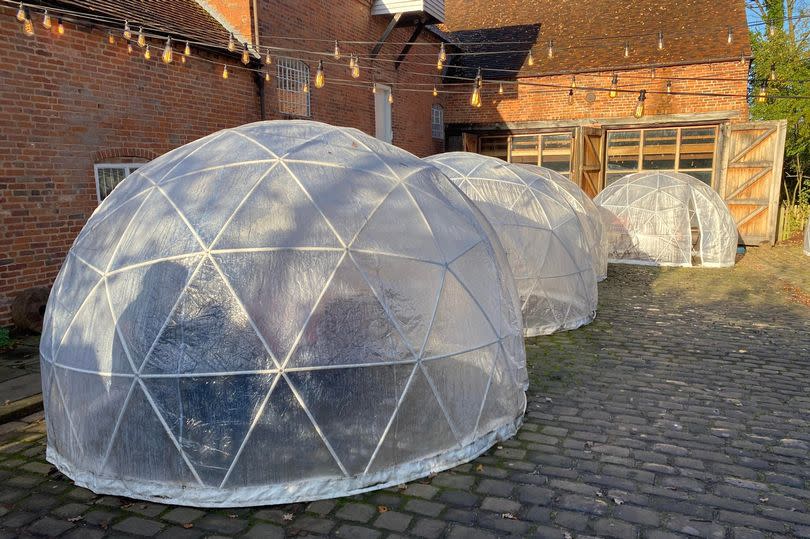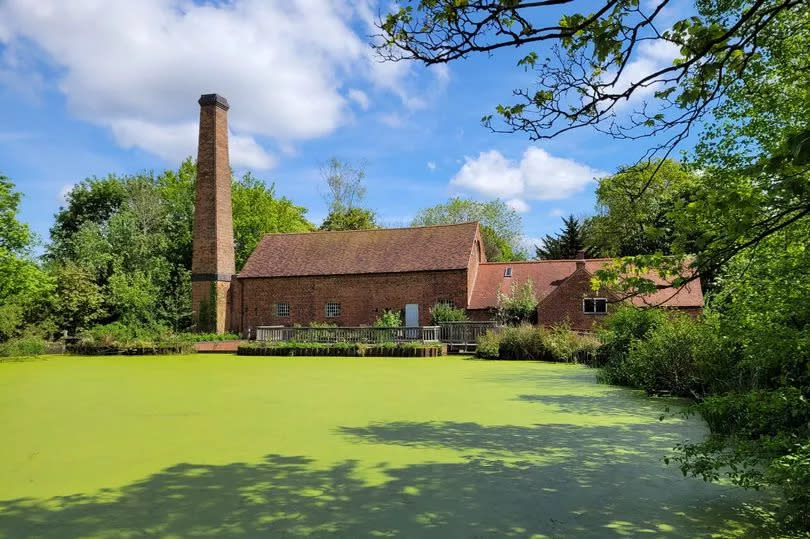Birmingham museum closes cafe and restaurant as it's 'not economically viable'

A Birmingham museum has confirmed it will not reopen its cafe and restaurant when it welcomes the public back from its temporary closure. Sarehole Mill on Cole Bank Road in Hall Green says that its cafe and restaurant were 'not economically viable' and as such, will no longer be available to visitors.
Staff at the 250-year-old water mill offered fresh pizza on site for visitors and served them both inside and out on the courtyard, which had pop-up domes in which to sit and enjoy them. Birmingham Museums says that it is looking for 'more suitable options' for food and drink at the site.
The museum shut its doors on March 31 and a date for reopening is yet to be confirmed. The museum has said that it will be open for three days a week once it does.
Sign up for the Brum Food Club free weekly newsletter for updates on what's happening in the city's food and drink scene.
As well as the cafe and restaurant, there will no longer be a vending machine available for use on site. The museum did add that the closure of the cafe and restaurant will not impact the public toilets, which visitors will still be able to access.

Throughout the public closure, Sarehole Mill has been open to school groups on educational trips and Birmingham Museums told BirminghamLive that it would continue to do so.
The Birmingham Museums is currently undergoing a 'business planning exercise' to inform how it will operate and provide access to its sites in the future. A spokesperson told BirminghamLive that it hoped the execise would 'help identify some suitable options' for its food and drink offering.
There's been a mill on the site of Sarehole since 1542 and the current building dates back to the mid-18th century. Matthew Boulton leased the mill between 1756 and 1761 to produce sheet metal for buttons.
As well as its industrial past, Lord of the Rings author JRR Tolkien grew up opposite Sarehole Mill and its believed that the rural surroundings inspired the author's Middle Earth.

 Yahoo News
Yahoo News 
